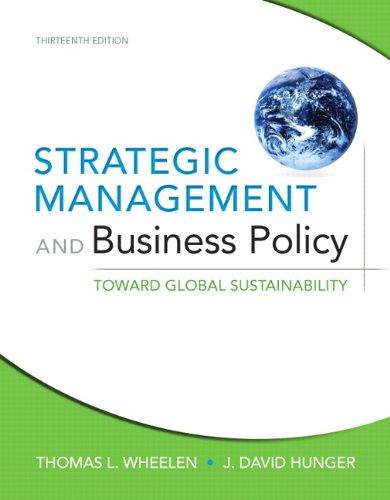Question
1)A rent ceiling is the maximum legal rent. Generally, the government imposes the ceiling when the equilibrium rent is considered too high. If, however, the
1)A rent ceiling is the maximum legal rent. Generally, the government imposes the ceiling when the equilibrium rent is considered too high. If, however, the rent ceiling ($600.00) is above the equilibrium rent ($500.00), people are already paying a rent lower than legal maximum. As a result, nothing changes and so this price ceiling is ineffective.
2)Suppose the equilibrium rent without any rent ceiling is $1,000 per month. If the rent ceiling is set below $1,000, say at $800 per month, the ceiling then makes it unlawful to rent for more than $800. An apartment shortage results because the quantity demanded exceeds the quantity supplied at $800. A rent ceiling above the equilibrium rent $1,000, say $1,200 per month, has no effect. Why? Because no apartments would be rented at this price, with or without a law, so the ceiling has no effect.
3)A minimum wage is a regulation that makes it illegal to pay or receive a wage rate lower than a specified level. If a minimum wage is set below the equilibrium wage, the minimum wage has no effect because it does not make the equilibrium wage rate illegal.
4)If a production quota is set above the equilibrium quantity, it has no effect. If a production quota is set less than the equilibrium quantity, it
decreases output and raises the price.
Step by Step Solution
There are 3 Steps involved in it
Step: 1

Get Instant Access to Expert-Tailored Solutions
See step-by-step solutions with expert insights and AI powered tools for academic success
Step: 2

Step: 3

Ace Your Homework with AI
Get the answers you need in no time with our AI-driven, step-by-step assistance
Get Started


